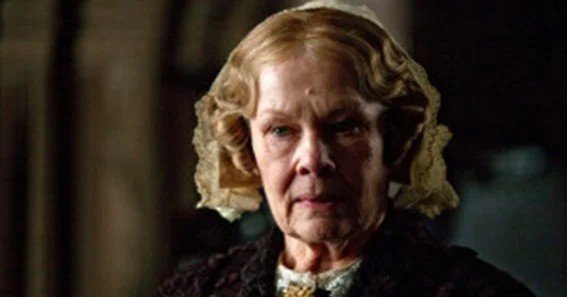Victorian-lit fans often Google “why is mrs fairfax not truthful with rochster’s personality” after noticing that Thornfield’s kindly housekeeper calls Edward Fairfax Rochester merely “peculiar” yet never warns Jane about his stormy moods—or his locked-away wife. Understanding her silence means unpacking class rules, employment fears, and what she knows.
Mrs Fairfax: Housekeeper, Mediator, & Master’s Shield
Early in Jane Eyre, Mrs Fairfax tells Jane her employer is “eccentric… but a good master.” She praises his generosity while glossing over his violent family history, calling the Rochesters a “rough” clan and blaming every eerie laugh on servant Grace Poole. Critics note she “respects Rochester’s authority and mediates between him and the servants,” keeping household order above full disclosure.
Why Is Mrs Fairfax Not Truthful with Rochster’s Personality?
-
Servant Loyalty & Job Security
In Victorian estates, condemning the master meant instant dismissal. Rochester himself admits that staff “may indeed have suspected something, but… gained no precise knowledge as to facts,” Straight Dope Message Board. Silence protected Mrs Fairfax’s livelihood. -
Social-Class Discretion
Housekeepers were expected to be discreet conduits, not gossip-mongers. SparkNotes notes she attributes every disturbance to Grace Poole rather than expose Rochester or Thornfield’s secrets SparkNotes. -
Partial Knowledge of the Truth
Scholarly forums remain split on whether she knew about Bertha. While some argue she guessed, textual evidence shows Rochester worked hard to keep even senior staff in the dark. -
Protecting Jane—Within Limits
When Jane announces her engagement, Mrs Fairfax finally breaks decorum, urging caution over age and class gaps CliffsNotes. Her earlier understatement seems aimed at shielding Jane from gossip, not feeding it. -
Victorian Gender Norms
A widowed woman of modest means, Mrs Fairfax embodies the era’s ideal of female propriety—avoiding “unseemly” talk about a man’s private vices unless morality demanded a warning.
Consequences of Her Half-Truths
-
Jane’s Shock when Rochester’s secrets erupt makes dramatic sense; the housekeeper’s silence preserves the novel’s Gothic tension.
-
Reader Suspense builds around Thornfield’s mysteries precisely because insiders like Mrs Fairfax steer attention elsewhere.
Frequently Asked Questions
-
Did Mrs Fairfax know about Bertha Mason?
The text suggests she suspected oddities (mysterious laughter) but lacked “precise knowledge” of Bertha’s identity. -
What does Mrs Fairfax tell Jane about Rochester?
Only that he is “eccentric” and from a passionate family line, soft-pedalling his darker mood. -
Why does Mrs Fairfax warn Jane about the engagement?
She fears the gulf in age and class could doom the match and tarnish Jane’s reputation. -
Is Mrs Fairfax more loyal to Jane or Rochester?
Her primary loyalty is to Thornfield’s order and Rochester’s authority, though she shows maternal concern for Jane when propriety compels it. -
How does her discretion reflect Victorian values?
Servants upheld strict boundaries: criticize the master and you violate both social hierarchy and Christian duty—hence her cautious half-truths.
Mrs Fairfax’s reticence illustrates how class duty, partial knowledge, and Victorian etiquette intersect, answering the lingering question of why Mrs. Fairfax is not truthful with Rochester’s personality and adding depth to Brontë’s timeless Gothic romance.










